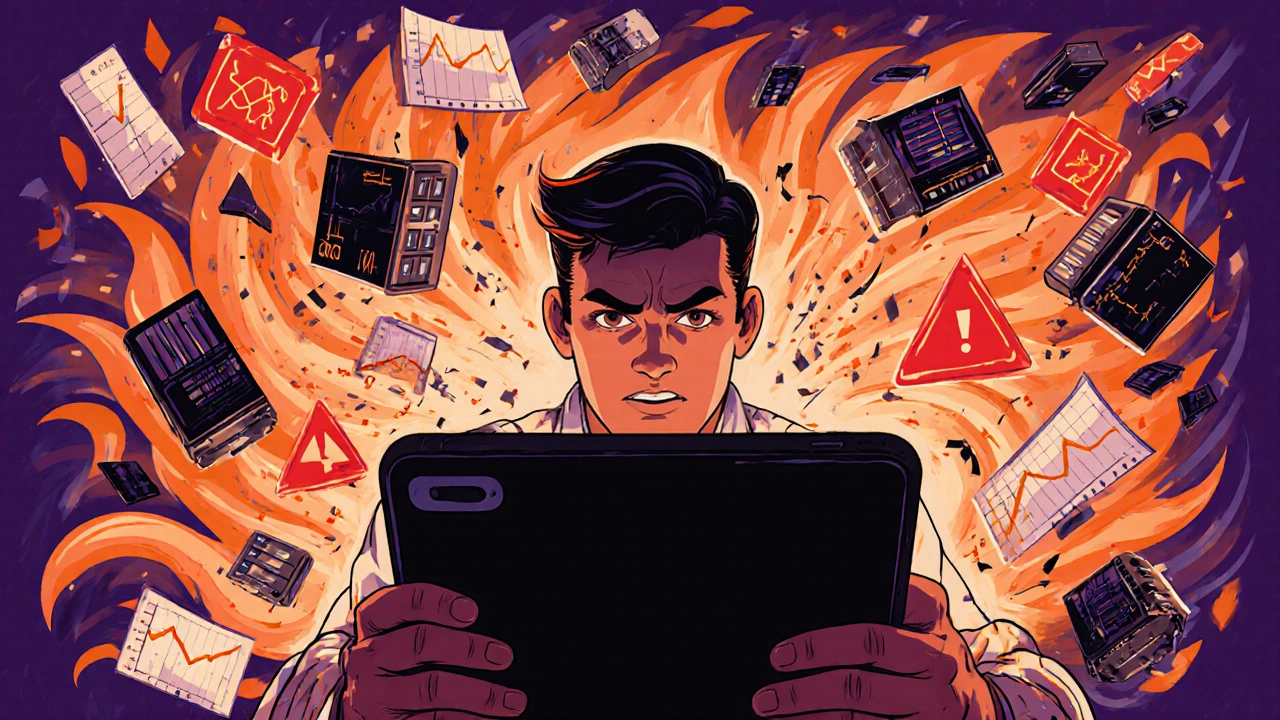Emergency Trading Options: What They Are and When You Really Need Them
When life throws a curveball—a car repair, a medical bill, or a sudden job loss—you don’t need to sell stocks at a loss or max out a credit card. What you need is an emergency fund, a stash of cash you can access immediately without penalty or risk. Also known as a financial safety net, it’s not about trading or speculation—it’s about keeping your long-term investments untouched when short-term emergencies hit. Many people confuse emergency trading options with quick cash moves in the market, but true emergency readiness means avoiding the market entirely until you’re stable again.
Real emergency readiness isn’t about fancy tools or complex strategies. It’s about having money that’s safe, liquid, and easy to reach. That’s why high-yield savings accounts, bank accounts that pay significantly more interest than traditional savings while letting you withdraw anytime are the gold standard. They earn more than regular savings, but unlike CDs or bonds, they don’t lock your money away. You can’t use stocks or crypto as emergency options—those can drop 20% in a day. And while money market accounts and Treasury Bills are safe, they’re often slower to access than a simple app-based savings account.
Some people think they can skip an emergency fund because they have a credit card or a side gig. But relying on debt means paying interest on top of your crisis. And side income? It’s unpredictable. A 2023 Federal Reserve study found that nearly 40% of Americans couldn’t cover a $400 emergency without borrowing. That’s not a statistic—it’s a reality for millions. The goal isn’t to trade your way out of trouble. It’s to have cash ready so you never have to trade at all.
Look at the posts below. You’ll find real advice on how to build that fund—how much to save, where to put it, and how to adjust it for your job, family, or living costs. You’ll see comparisons of the best apps for savings, why CDs are risky for emergencies, and how couples manage shared safety nets. There’s no hype. No get-rich-quick schemes. Just clear, practical steps to make sure your money works for you when you need it most—without risking your future.
